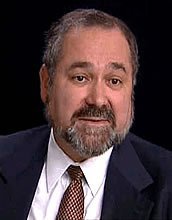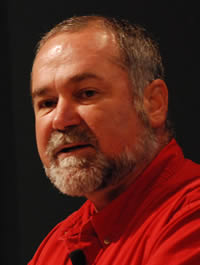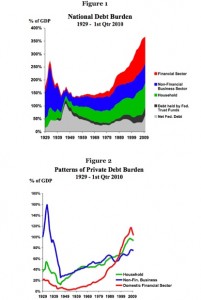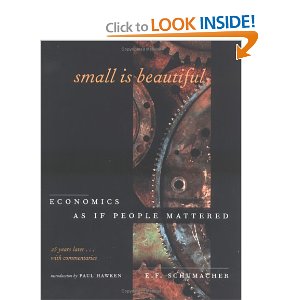 Event: 30-31 March 2012 NYC Participatory Budgeting
Event: 30-31 March 2012 NYC Participatory Budgeting
21st Century Network Governance – Beyond Participatory Budgeting
Participatory budgeting is a very important step in the right direction, but in the larger context of both obstacles presented by corrupt governance and what is possible enabled by the Internet, it can be taken–quickly–to a higher level.
Participatory budgeting is also somewhat ineffective in that the false assumption of the public and private sectors are accepted. True Cost Economics is the only possible foundation for a sustainable public sector and a sustainable private sector, and most participatory budgeting projects have no idea what the difference is between the false budget and the true budget. To discuss budget disposition without seeing, for example, that fracking creates earthquakes and that tar sands consume vast quantities of potable water, is an exercise in futility.
This session will present a very rapid 30 minute overview of the pioneering work done by Earth Intelligence Network, a 501c3 with 24 co-founders including Medard Gabel (co-creator with Buckminster Fuller of the analog World Game, designer of the current digital EarthGame). Three integral foundations for effective collective intelligence will be introduced:

a. Strategic Analytic Model highlighting the ten high-level threats to humanity ignored by most governments and the twelve core policy areas from Agriculture to Water that are not harmonized by most governments
b. Six Bubbles consisting of an Autonomous Internet connecting an Earth Intelligence (Decision-Support) Network, EarthGame, EarthPolicy, and EarthBudget, all glued together with transpartisan memetics and transitional facilitation. Illustration
c. M4IS2, the new craft of intelligence, no longer secret, expensive or federal–Multinational, Multiagency, Multidisciplinary, Multidomain Information Sharing and Sense Making unites the eight tribes of intelligence (academia, civil society, commerce, government, law enforcement, media, military, non-government / non-profit) to harmonize decisions, policies, budgets, and behavior across all boundaries, by using shared information to achieve shared objectives.
Following the 30 minute illustrated presentation, two discussants will expand on the possibilities, one from a government perspective and the other from a civil society perspective.
The final 30 minutes will be devoted to interactive questions and answers.
It is our hope that the entire session can be video-taped and streamed online for permanent public access.

Robert David STEELE Vivas, CEO of Earth Intelligence Network (501c3), has spent 30 years in the intelligence (decision-support) field, and the last twenty helping ninety governments get a grip on open sources of information to create Open Source Intelligence (OSINT). His second book, THE NEW CRAFT OF INTELLIGENCE: Personal, Public, & Political (2002, also free online) remains the primer for public intelligence in the public interest. He is also the originator of the concept of the Smart Nation, first published in Government Information Quarterly in 1995, and then in THE SMART NATION ACT: Public Intelligence in the Public Interest (EIN, 2006). He is a former spy, an honorary hacker associated with Hackers on Planet Earth (HOPE), the Silicon Valley Hackers Conference (as started by Stewart Brand), and Hactic / Chaos Computer Club in Europe. He is also the #1 Amazon reviewer for non-fiction, reading in 98 categories, with all of his reviewed accessible online by category at Phi Beta Iota the Public Intelligence Blog. In October he presented his Electoral Reform proposal to Occupy NYC, the six minute video someone else posted went viral. He is one of three candidates for the Reform Party presidential nomination, and has created a web site, We the People Reform Coalition, that represents the next level in participatory governance, integrating Electoral Reform, a Coalition Cabinet and Balanced Budget that are crowd-sourced and presented in advance of election day, and a commitment to True Cost Economics. In June 2012 Random House / Evolver Editions is releasing his newest book, THE OPEN SOURCE EVERYTHING MANIFESTO: Transparency, Truth, & Trust.








